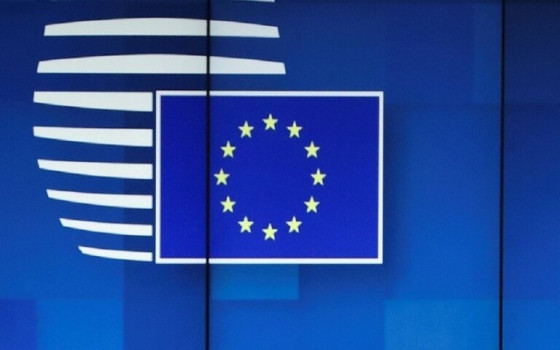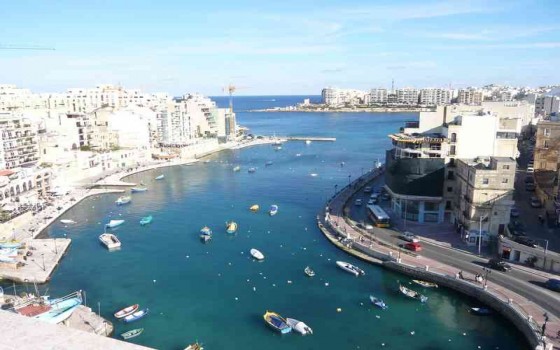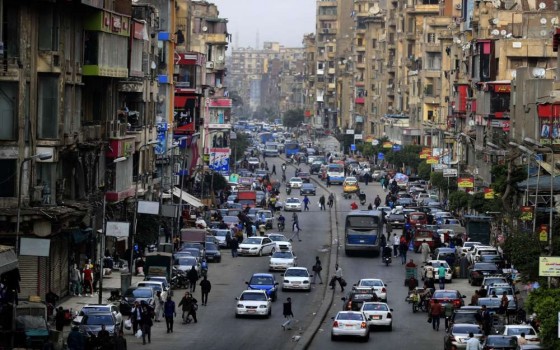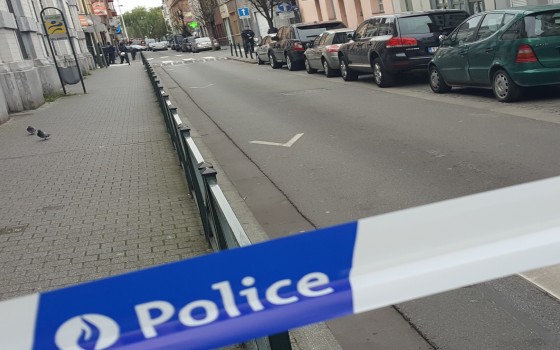
The European Union includes individuals and entities from Syria and Sudan to its terrorist list
It includes the economic advisor to President Bashar, and a company that manufactures weapons and vehicles for the Sudanese army

- Europe and Arabs
- Monday , 22 January 2024 23:8 PM GMT
Brussels: Europe and the Arabs
Today, the European Council approved additional restrictive measures against 6 individuals and 5 entities, given the seriousness of the ongoing situation in Syria.
According to a European statement issued in Brussels on Monday, the new list includes an economic advisor to Syrian President Bashar al-Assad, three prominent businessmen who provide support to the Syrian regime and benefit from it, and two people linked to the al-Assad family.
Five companies that support and benefit from the Syrian regime, namely the DJ Group, Cham Wings, Freebird Travel Agency, Illoma Private Investments Company, and Al-Aqeela Company, will also be subject to restrictive measures. Some of these entities work in transporting Syrian mercenaries, arms trade, drug smuggling, or money laundering, which supports the activities of the Syrian regime.
Persons included in the sanctions regime are subject to having their assets frozen. It is also prohibited to provide money or economic resources, directly or indirectly, to them or for their benefit. In addition, the travel ban to the European Union applies to natural persons on the list.
Syria remains a top priority for the European Union. The Council remains deeply concerned about the situation in Syria. After more than a decade, the conflict is far from over, and remains a source of suffering and instability for the Syrian people and the region. The Council also notes that the Syrian regime continues to pursue its repressive policy. It is therefore necessary to maintain and ensure the effectiveness of the restrictive measures in place by further developing them.
The European Union emphasizes that the only way to achieve sustainable peace in Syria is a political solution in line with United Nations Security Council Resolution 2254.
Sanctions were first imposed on Syria in 2011 in response to the violent repression of the civilian population by the Assad regime. The EU sanctions in relation to Syria target the Assad regime and its supporters, as well as sectors of the economy that benefit the regime.
The EU sanctions in relation to Syria are not intended to impede the provision of humanitarian assistance to any part of the country. The EU sanctions do not prevent the export of food, medicines or medical equipment by the EU to Syria, and do not target Syria's healthcare system. The sanctions regime includes a wide range of humanitarian exceptions to ensure that humanitarian assistance is provided to any part of the country. Following the tragic earthquake of 6 February 2023, humanitarian exceptions already in place were strengthened to further facilitate the rapid delivery of humanitarian assistance to the Syrian population.
The European Union and its Member States have mobilized more than €30 billion since 2011, remaining the largest provider of international aid and providing humanitarian assistance, stability and resilience within Syria and in neighboring countries. Since 2017, the European Union has annually hosted the Conference on Supporting the Future of Syria and the Region to keep Syria high on the international political agenda, raise pledges of assistance to those in need and dialogue with Syrian civil society.
On the other hand, a separate Arubi statement said that the Council today adopted restrictive measures against six entities, given the seriousness of the situation in Sudan, where fighting is taking place between the Sudanese Armed Forces, the Rapid Support Forces, and their respective militias.
The new lists - the first within the Sudanese regime - include six entities responsible for supporting activities that undermine stability and political transition in Sudan.
Among the listed entities are two companies engaged in the manufacture of weapons and vehicles for the Sudanese Armed Forces (Defense Industries System and SMT Engineering); Zadna International Investment Company Limited, which is controlled by the Sudanese Armed Forces, and three companies involved in purchasing military equipment for the Rapid Support Forces (Aljunied Multi-Activities Company Limited, Tanadif General Trading Company, and GSK Advance Company Limited).
Listed entities are subject to an asset freeze. It is prohibited to provide funds or economic resources, directly or indirectly, to them or for their benefit.
On 27 November 2023, the High Representative of the European Union for Foreign Affairs and Security Policy issued a statement on behalf of the European Union, reiterating its strong condemnation of the ongoing fighting between the Sudanese Armed Forces, the Rapid Support Forces and their affiliated militias. In this statement, he also regretted the significant escalation of violence and the irreparable cost in human lives in Darfur and across the country, as well as violations of international human rights and humanitarian law.
The European Union remains deeply concerned about the humanitarian situation in Sudan and reaffirms its firm support for and solidarity with the Sudanese people.
The relevant legal measures have been published in the Official Journal of the European Union.












No Comments Found